One winter night in 2017, a trans woman in my final semester of college, I walked into a church to worship for the first time. In the 8:00 p.m. dark, I followed my trans friend Lafayette through a back door of Nassau Presbyterian Church in the center of Princeton, NJ. He led me into a small side chapel, an octagon with opposing rows of chairs, a pulpit, and piano. The pastors Andrew and Len, a straight married couple, greeted me, and I took them up on the invitation to choose a floor cushion over a chair. Soon, a butch person with shaved head and bowler hat sang the call to worship in a clear soprano: God welcomes all, strangers and friends. God’s love is strong and it never ends.
As I sang along to hymns with Lafayette, my comfort outgrew any fight-or-flight instincts of being queer in church. Having recently transitioned, estranged or on guard with many family and friends, I had forgotten what unconditional welcome felt like. Swept away and a bit embarrassed, I sobbed into my Communion bread. By the hour’s end, I was laughing while Slats, the non-binary seminary student who had called us to worship, explained to me their theology that God is trans.
This memory feels blurred and apocryphal from being recalled so often. Did Laf invite me, or did I ask him to tag along? My curiosity was idle, but looking back now, I see I was in a ripe season of life: change was all around me, and I was ready to be moved irrevocably by a queer-inclusive, nourishing spirituality.
I want to pause and say it is not my desire to convert anyone. For many queer people, leaving church is an act of self-love. For others like me, progressive churches have become a place for healing love, reclamation of twisted ideologies, and exploring the deepest questions of life. I wish for us all to find the place where we feel most whole and most of service to the world.
I grew up atheist in a liberal, middle-class family. My dad majored in religion, and my parents met at a Unitarian Universalist church, but that affiliation faded by the time I was born. For 18 years, I viewed Christians indifferently as those judgmental people who warned gays about hell.
My first consideration of faith came in 2013, from the “Nature & Spirituality” pre-college camping trip I chose on a whim. After a week of backpacking and immersive conversation about belief, I arrived at Princeton bright-eyed, seeking something more. I went to a friend’s Christian club, mumbled to earwormy praise songs, and attended an N.T. Wright talk. But for every flash of clarity, there were shades of confusion and unwelcome as a gender-bending twink among cisnormative centrist Christians. I pulled away from faith, and didn’t look back until three years later.
In the meantime, I transitioned. I grew closer with my older brother as we united against my parents’ transphobia—which was not religious, but fueled by TERFism and belief that they failed in raising me. My transition ended a multi-year relationship, and friendships fractured even as new ones grew. By 2017, my life felt raw, shining, and breakable as new skin. I was desperately seeking something stabilizing, whatever that would be.
So I found myself diving into faith, in my eleventh hour of college. After the first Sunday at Breaking Bread, I went back every week of my senior spring. When a last-minute waitlist acceptance to the poetry M.F.A. at UW-Madison solidified my fall plans, faith was what I hoped would pull me through as I prepared to leave everyone I knew and move a thousand miles. Awakening in me was not a concrete understanding of God, but the strikingly simple notion that something connected me to other life: that no matter where I went or who I lost, I was affirmed in my self and bound to others by the inherent worth of being alive.
That April, I shared at Breaking Bread that I was unwelcome at home that summer. A blowout fight with my parents left me a month to find summer housing. Without hesitation, pastors Andrew and Len took me into their home for three months, an act of grace and generosity I’m still humbled by. We grew close, I dog-sat for them, they let me question faith at my own pace. We read Take This Bread by Sara Miles, a lesbian who found spirituality midlife, as suddenly as I had.
When I moved to Madison in 2017, I visited a few churches and felt immediately at home at Pres House. I found that my experience at Breaking Bread was not an anomaly: here was another church ready to question dogma for justice’s sake and heal religious harms against LGBTQ people.
Pastors Erica and Mark proactively made space for me. Energized by the newfound community, I was quick to offer a poem on how we gender God, preach a sermon queering Genesis, drum and sing for the music team, and co-found the Queerly Beloved (inter)-faith group. When a staff position opened as I was finishing my MFA—a mostly secular role in Pres House Apartments, but flexible enough that I could pursue queer initiatives at the Church—I had to apply. I have a brilliant, radical team of colleagues, and a supportive queer mentor.
I have been lucky to preach a few more times at Pres House, as well as guest preach for Rev. Scott Anderson. I co-authored a Queer Theology 101 primer with Benjamin Coakley and co-hosted a Queer Interfaith panel with Benjamin, Ameera Khan, and Lizzy Wallis.
Shifting from newcomer to young adult leader meant facing more of the Church’s flaws and baggage. As others looked to my perspective as a trans Christian, I had a steep learning curve of scripture and theology. Meanwhile, I fell in love with my partner, a brilliant scientist and atheist. Balancing our beliefs has been the hardest and most productive journey of our relationship.
I’ve been asked, and had to ask myself: What do I really believe? Is Christianity worth salvaging, after all? Why would a trans atheist choose to become religious?
I feel fortunate to have escaped the religious upbringing that scars so many queer people. I was able to enter faith on my own terms, without first needing to unlearn toxic, shame-based theology. I want to use this relative comfort to fight to make Christianity more hospitable for all those closeted church kids. I also know from Queerly Beloved members that leaving one’s home church, if necessary, is much less daunting given affirming alternatives.
Moreover, my spirituality feels linked to my trans and queer identities. Being my authentic self allows me to be fully present in ritual, prayer, compassion, and justice. To draw on Rev. Elizabeth Edman’s book Queer Virtue, being queer has a lot in common with an authentic faith journey. You must discern inner truths, envision better futures, speak truth despite persecution and shame, and build community. Edman’s thesis is that Christianity, at its original core, is inherently queer. Queer people, therefore, can help fulfill Christianity’s call to overturn binaries and hierarchies, love one’s neighbors, name and fight injustice. Many of us do almost daily what Jesus and the early church endeavored to do.
Christian history is deeply ironic. We worship a very definitely nonwhite man born to a young unwed mother, who raged against wealth and abuses of power, and was executed for treason against an empire. The religion then became a whitewashed colonizing empire, wielding the same violence and greed that its Messiah despised.
It is incredibly difficult to salvage a belief system from such a bloodstained lineage. I do not try to defend it. I have doubts about whether the pastor’s tools can dismantle the pastor’s house, to paraphrase Audre Lorde.
Yet, I do not believe Christianity is owned by those who condemn me, and I am not ready to abdicate my faith to them. It is in part an illness of White Christianity: strains of Black abolitionist and Latinx liberation theology have long histories of fighting for justice. Many nonwhite denominations have their own struggles with LGBTQ affirmation, but on many fronts, the work is ongoing to reclaim this twisted and weaponized religion. Scripture should stay out of politics, but I believe the bigotry legislated in Christ’s name would be undercut if this country took progressive Christianity as seriously as we seem to take megachurch pastors with private jets.
The Bible is so full of mysteries and contradictions that to take it literally is impossible. To me, the failing of fundamentalist Christianity is an excess of certainty: a “rulebook” view that prescribes how to live and whom to punish. I revel in faith spaces where mystery and doubt, questions and evolutions are key parts of the journey.
The “clobber passages” used to justify queerphobic theology depend on context, and lose power if we let go of a “rulebook” interpretation of millennia-old writings by flawed men. I am far more interested in the passages queer theologians have taken up, such as the Ethiopian eunuch—a Black foreigner, outside the gender binary—who is baptized in the wilderness in Acts 8.
Or another nugget of trans theology: in Genesis, humans are made “male and female.” But God also creates land and sea, day and night. These binaries are rhetorical devices, which real life shows to be far more expansive: swamps, beaches, twilight, and dawn. The world is made beautiful by its non-binary aspects—why would trans people be the exception to this rule? We fail when we force the natural world into presumed categories. We thrive when we let lived experience shape and inform our understanding of faith.
I owe my spiritual journey to every nourishing soul along the way—from my first evening at Breaking Bread, to every deconstruction of bad theology shared with my Christian, Muslim, Jewish, Pagan, and atheist friends.
More than anyone, my partner Lily has shown enduring love, as we’ve worked to discern a shared path that encompasses my faith and her distrust of religion. COVID, ironically, has given us more time than ever to dive deep into conversation and inquiry, building our common spiritual foundation. For almost a year, we’ve been attending James Reeb Unitarian Universalist Congregation over Zoom, both at home with the expansive theology, where atheists and people of faith alike seek that which is greater than us.
I have often resisted the calling to ministry that others have seen in me, doubtful of my place as a trans woman. Still, Lily and I are beginning to see a future for me as a UU minister. As I embrace questions and doubts, I am lucky to walk through life with nourishing communities always at my side.

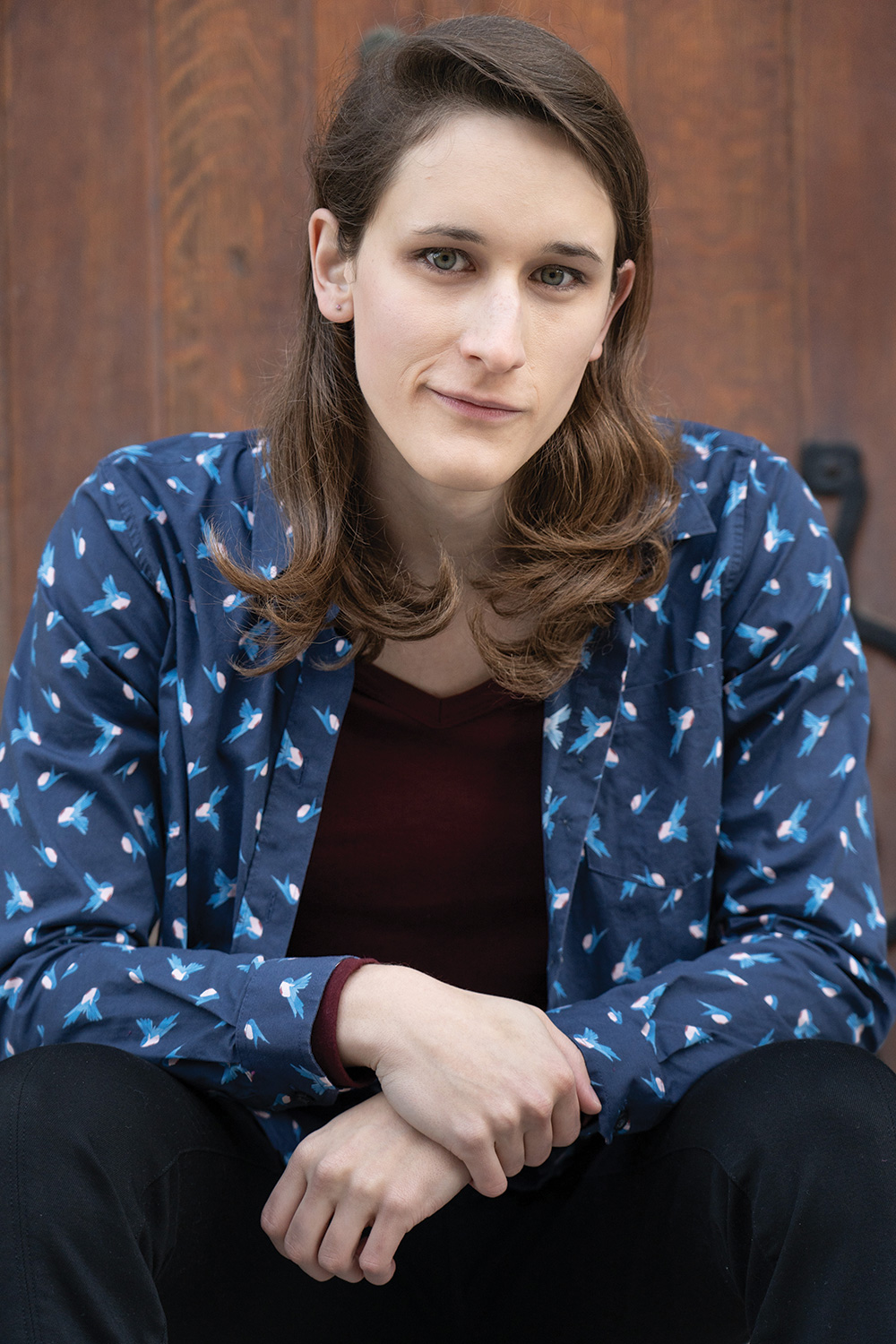




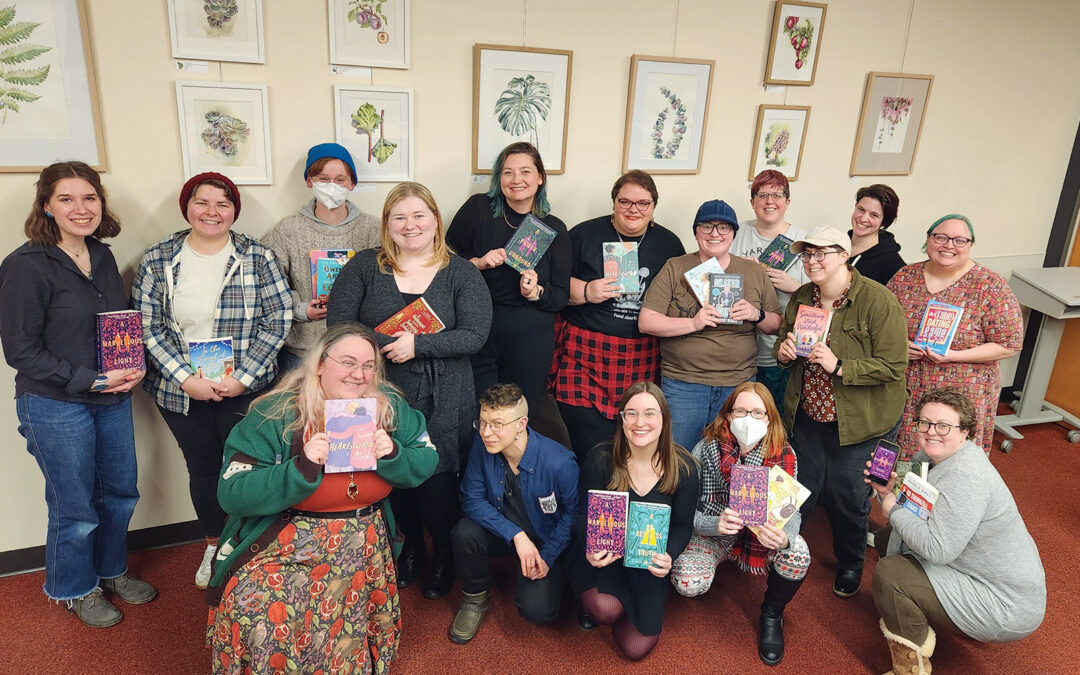
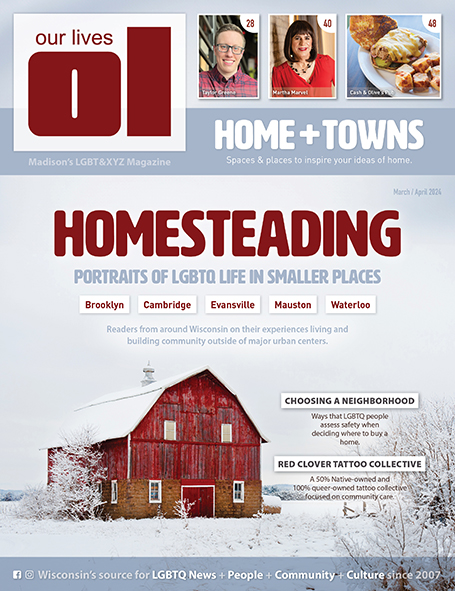
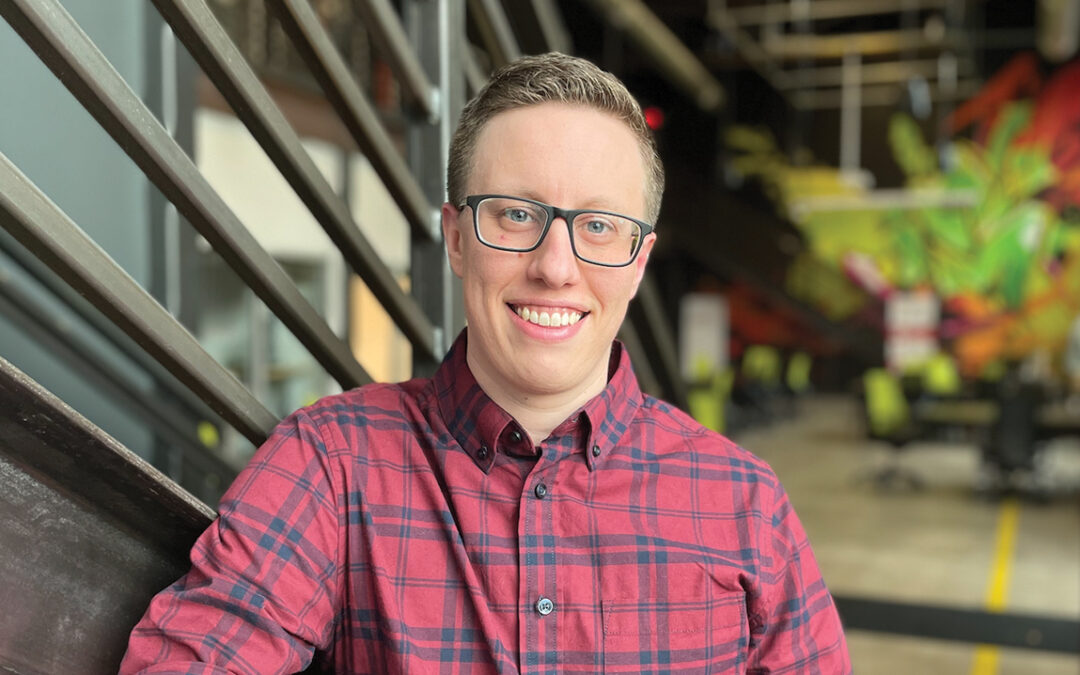
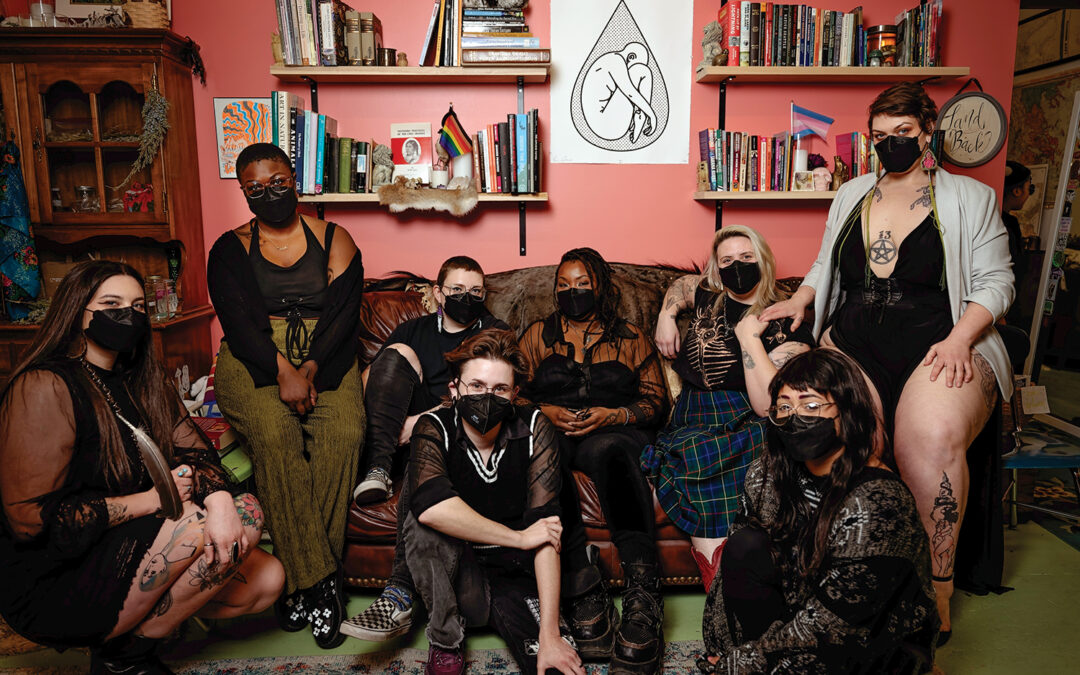
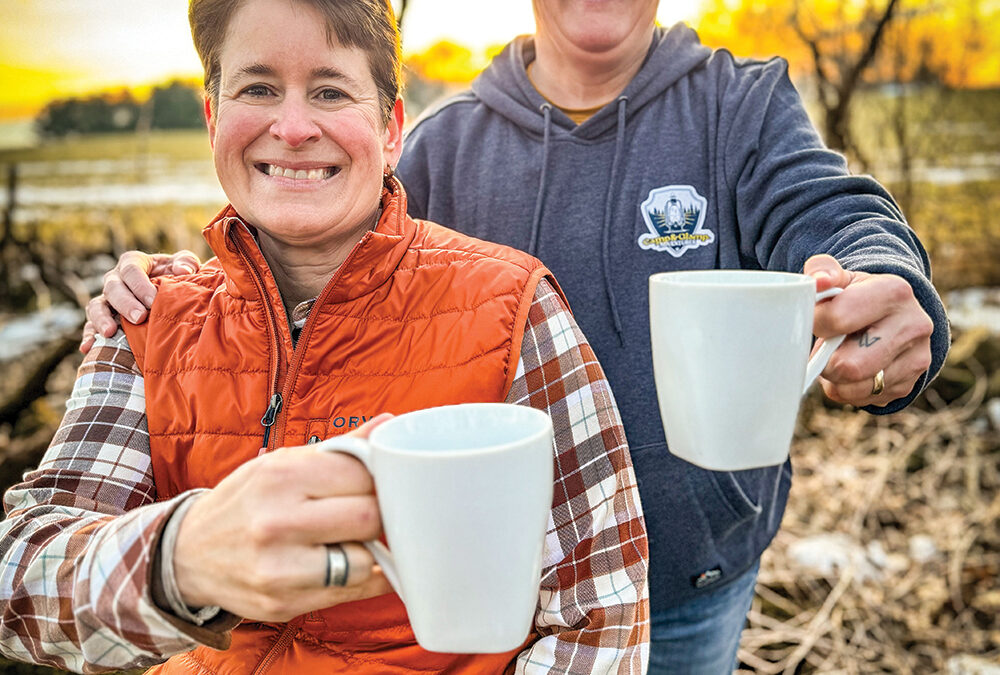
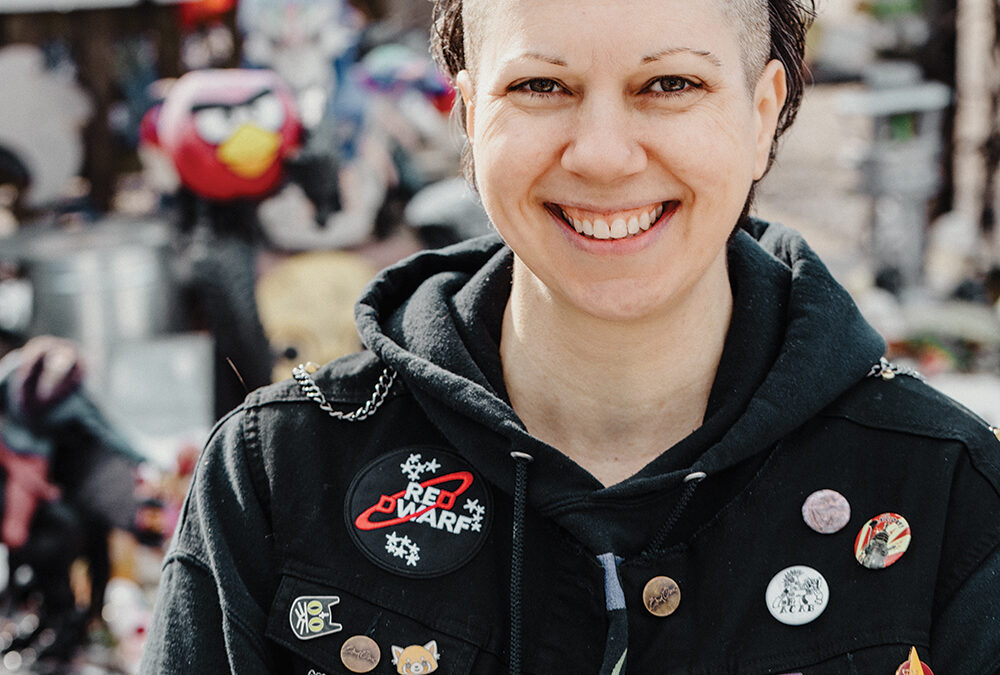
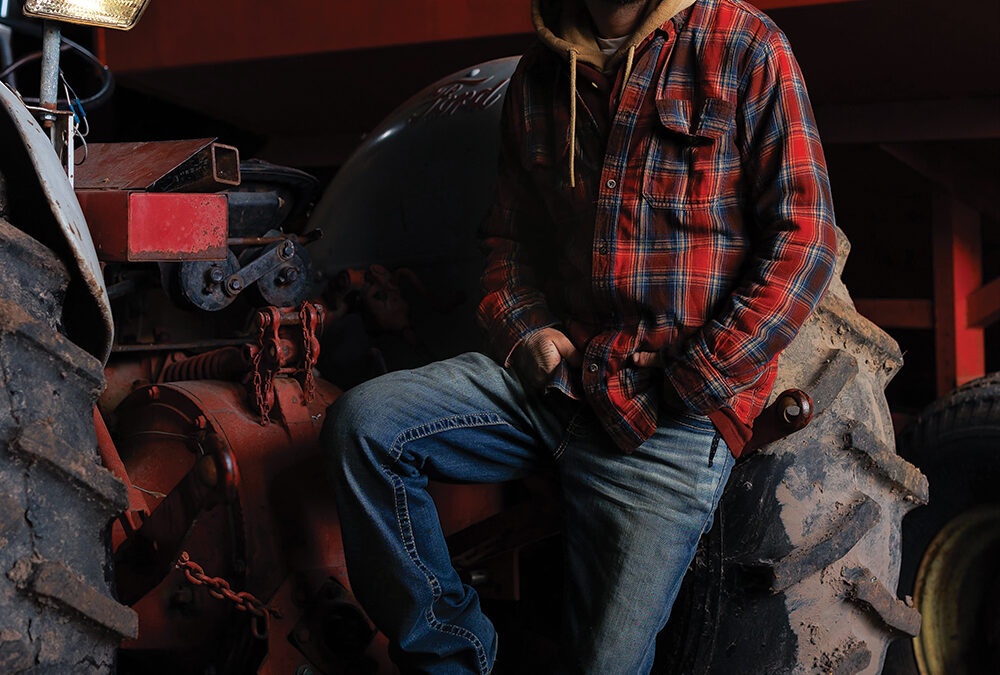
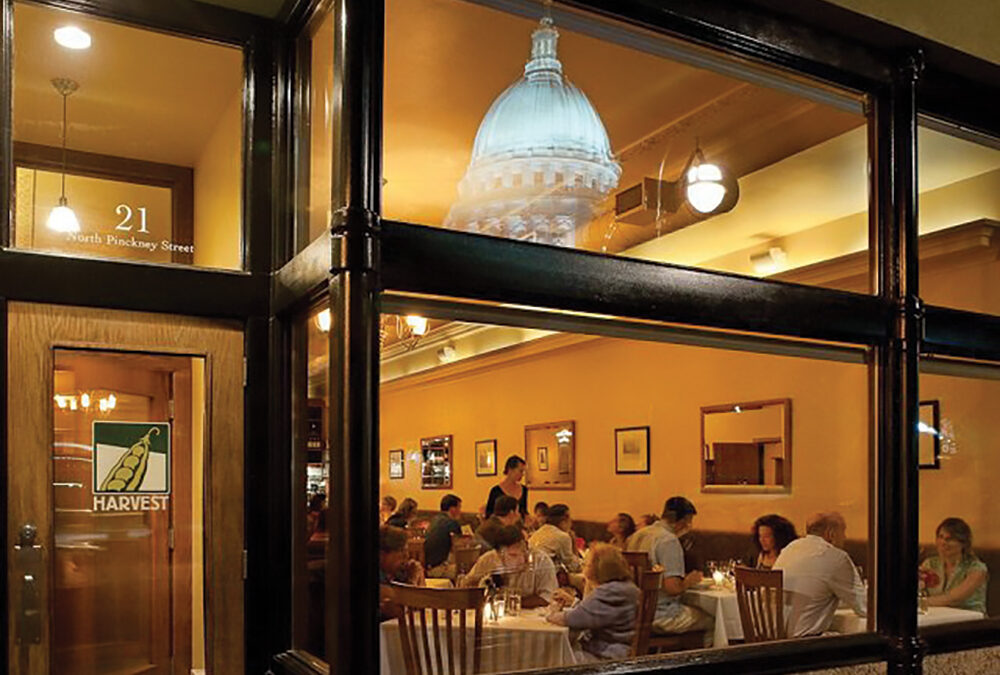
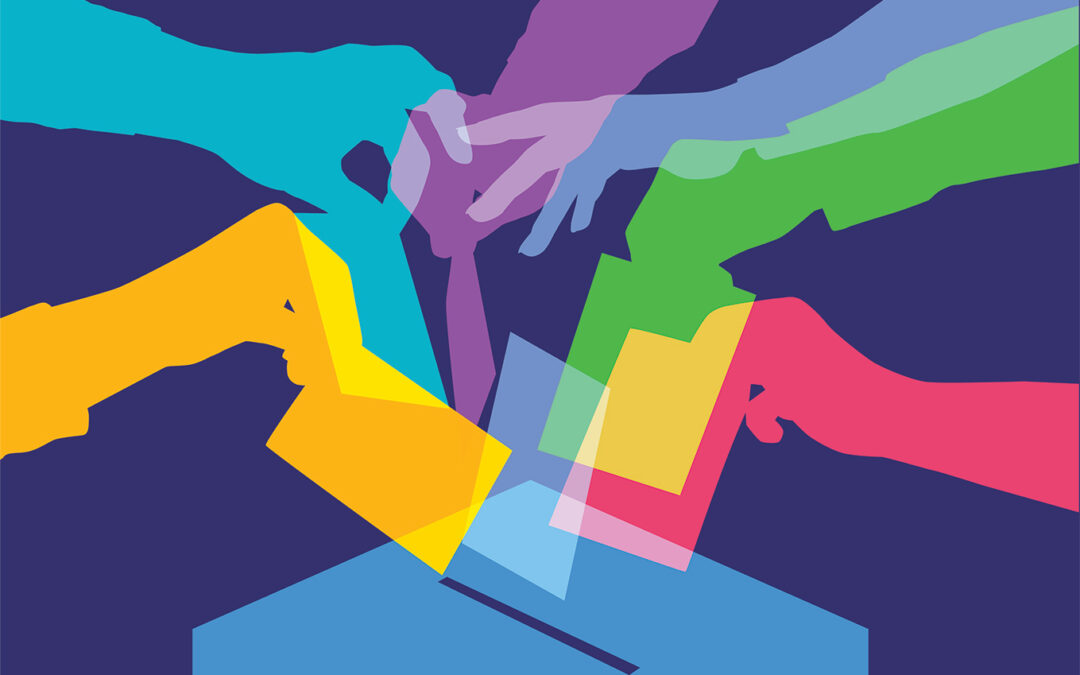
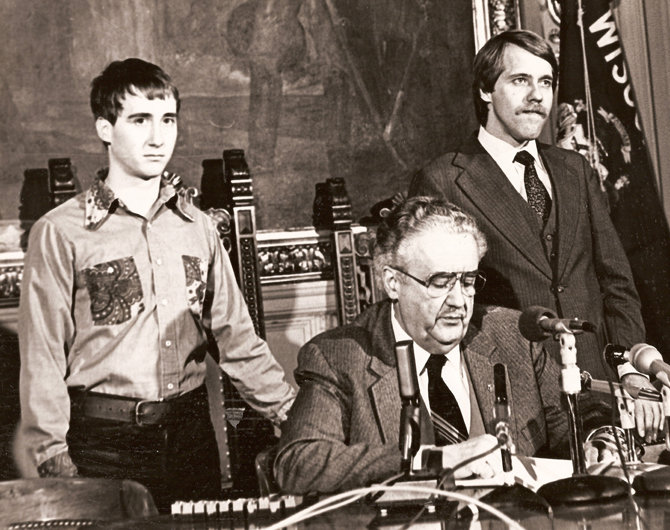









0 Comments